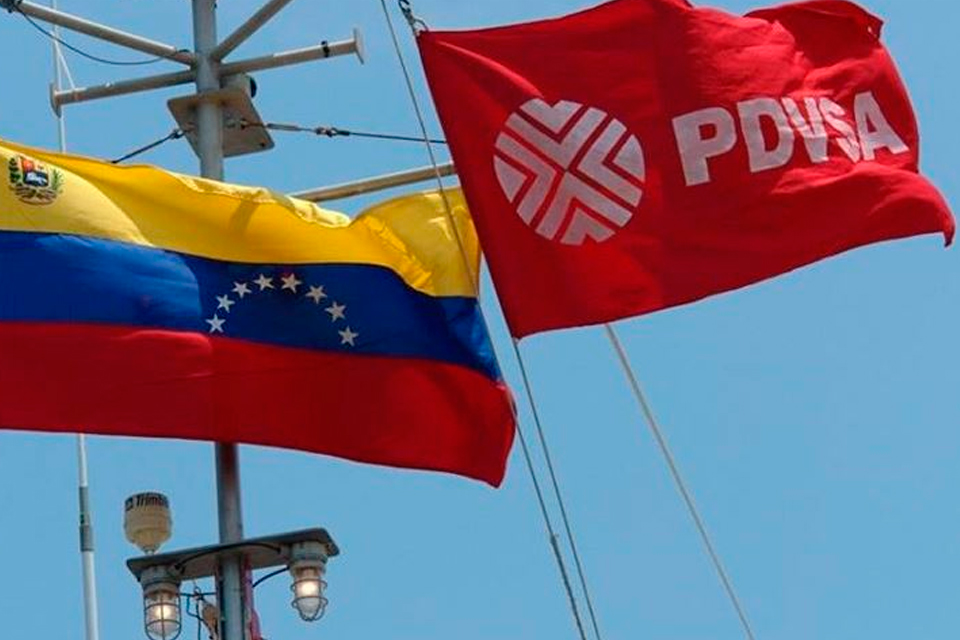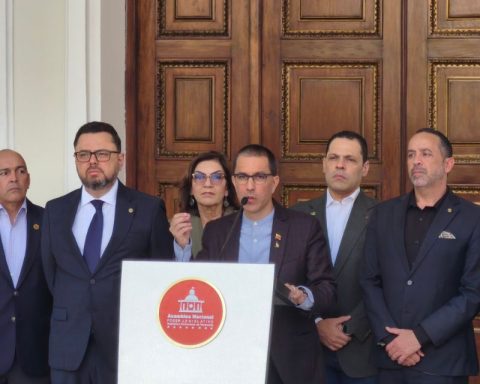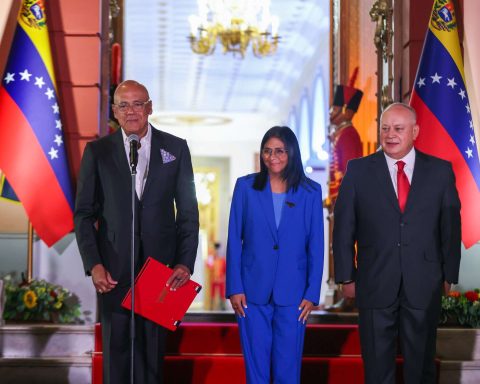The Budget Bill for the Financial Economic Year corresponding to 2023, a document that was obtained by SuchWhich exclusively, it shows that the oil revenues contemplated for the fiscal year of 2023 total 108,358 million bolivars and represent almost two thirds of the total budgeted. Tax collection also increased and occupied 22% of the budget thanks to the determination of the ruling party to increase taxes during 2022
On Friday, December 2, the Chavismo National Assembly introduced for discussion the Budget Bill for the Financial Economic Year corresponding to 2023. The document, obtained exclusively by SuchWhichshows that the administration of Nicolás Maduro calculated for 2023 an amount in oil revenues of 108,358 million bolivars under a veil of opacity and without complying with the corresponding protocols.
Oil revenues contemplated in the Budget Law for the fiscal year 2023 represent 63% of the total, an amount equivalent to $9,269,348 million when converting according to the exchange rate published by the Central Bank of Venezuela (BCV). valid for December 2 (Bs 11.69).
As calculated for the year 2023, oil revenues result in an increase of 12.73% ($1,046,944,433) with respect to what was budgeted for 2022.
The Maduro government has insisted that the dependent rentier oil model “murdered, riddled and destroyed” the historical productive model that Venezuela brought from the countryside. However, the weight of oil revenues in the Nation’s budget continues to be important, since they occupy almost two thirds of the total amount.
Despite the opacity of economic information that has characterized the government in recent years, a series of irregularities is evident. In the 2022 Budget, it was observed that the amount for oil revenues was similar to that of extraordinary crude oil revenues.
In the document it is agreed that the amount of non-oil revenues for 2023 is 41,464 million bolivars, equivalent to about $3,547 million, when making the conversion.
Within this group of non-oil revenues, tax revenues have a greater weight, which by 2023 will be 37,593 million bolivars ($3,215,875,493), an amount that represents an increase of 16.09% ($445,717,721) compared to what was budgeted. for the same concept in the year 2022.
Venezuelan pockets finance budget
22% of this budget will fall on the Venezuelan population, both natural and legal persons, since the State was financed with income dependent on tax concepts such as the Value Added Tax (VAT); the Tax on Large Financial Transactions (IGTF), the Income Tax (ISLR) and other taxes applied to cigarettes, liquor, telecommunications and imports.
During the year 2022, the Maduro government has emphasized the collection of taxes through the ISLR, while in previous years the payment was exempt for people who received minimum wage.
In addition, to this is added the IGTF, created to tax operations related to large amounts of money, but which was modified in 2022 and now applies to any payment made in dollars. This concept has a significant weight in the State’s tax revenues.
The following list shows the proportion obtained through tax collection, which makes paying taxes a priority source of income for the Maduro administration.
- Income tax other activities: Bs 6,864,117,976
- Tax on inheritances, legacies and gifts: Bs 239.824.352
- Taxes on inheritance, donations and other related branches: Bs 239.824.352
- Equity tax: Bs 19,167,204
- Import taxes: Bs 1,794,408,504
- Ordinary import tax: Bs 1,794,408,504
- Taxes on production, consumption and financial transactions: Bs 28,672,470,751
- Value added tax (net): Bs 19,127,766,336
- Tax on liquor: Bs 1,360,036,695
- Tax on cigarettes: Bs 1,607,449,342
- Telecommunications tax: Bs 250,008,194
- Tax on large financial transactions: Bs 6,327,210,184
- Taxes on gambling or gambling activities: Bs 3,595,732
- Taxes on casinos and bingo halls: Bs 3,595,732
Post Views: 242


















